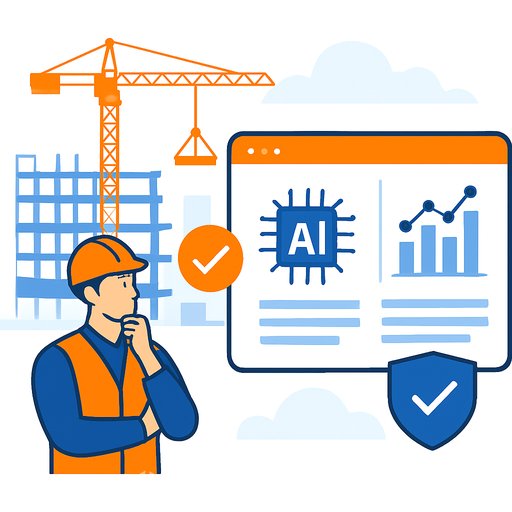South Florida Commercial Real Estate Tech Companies Evolve Workplaces Amid AI Transformation
July 29, 2025
JLL’s 2025 Technology Spaces Report highlights how data-driven strategies are reshaping real estate decisions in the technology sector. Companies are strategically optimizing their real estate portfolios to free capital for artificial intelligence (AI) investments while enhancing workplace effectiveness.
The report shows that technology organizations balance cost control with innovation demands across office and specialized research spaces. This approach supports rapid AI growth and maximizes the efficiency of office environments.
Strategic Real Estate Moves in Tech
Technology companies increasingly focus on optimizing their real estate to fuel AI innovation. According to Rob Kolar, Global Division President, Technology, JLL Work Dynamics, the drive to lead in AI pushes companies to innovate faster and invest more, balancing revenue growth with cost-cutting.
While hybrid work remains common, many firms emphasize boosting office attendance and collaboration. JLL’s 2025 Global Occupancy Planning Benchmark Report reveals that 56% of technology companies reduced space last year to increase utilization, and 73% added collaboration areas to support hybrid work models.
However, enforcement of in-office attendance policies varies. About 24% of companies do not enforce these requirements, and 45% rely on managers to manage attendance within their teams.
Growing Importance of Lab and R&D Spaces
Lab and R&D spaces, making up roughly 10% of technology real estate portfolios, are critical for AI innovation. Despite this, utilization tracking and data-driven design in these specialized spaces lag behind. Nearly half (47%) of companies with lab spaces do not currently track their usage.
Kari Beets, Senior Manager, Technology Research at JLL, stresses the need for a focused data strategy: “Quality data is essential for impactful decisions. Companies must streamline metrics to align with strategy, reduce costs, and optimize space.”
Future Trends in Technology Workspaces
JLL forecasts four key workplace transformations in the next 3-5 years:
- The learning workplace: Workspaces will adapt automatically through agentic AI to boost efficiency and employee experience.
- Innovation-driven investment: Increased spending on AI compute power, lab spaces, and R&D facilities to drive innovation.
- Collaboration over cubicles: Emphasis on human collaboration supported by AI-enhanced environments.
- Energy-conscious design: Focus on clean energy and efficiency to meet AI computing demands.
The future technology workplace will be adaptive, innovation-centered, collaborative between humans and machines, and energy-efficient. JLL’s research shows that 82% of technology real estate leaders believe AI can address major commercial real estate challenges.
Nick LiVigne, Managing Director and Consulting Lead for Technology at JLL, advises real estate teams to establish a clear vision aligned with business goals and flexible enough for change. Building strong data capabilities, applying AI strategically, and adopting a test-and-learn mindset are key to success.
JLL’s Role in Technology Real Estate
JLL supports technology industry leaders—including SaaS, hardware manufacturing, electronics services, and semiconductors—with strategic real estate advisory and facilities services. Their expertise spans real estate strategy, facilities management, ESG, trends, regulations, and research.
By integrating technology and workplace strategies with a future-focused approach, JLL helps clients improve productivity, financial performance, and competitive advantage while optimizing the human experience.
For professionals interested in learning more about AI tools and training that can impact real estate and workplace management, resources are available at Complete AI Training.
Your membership also unlocks:






